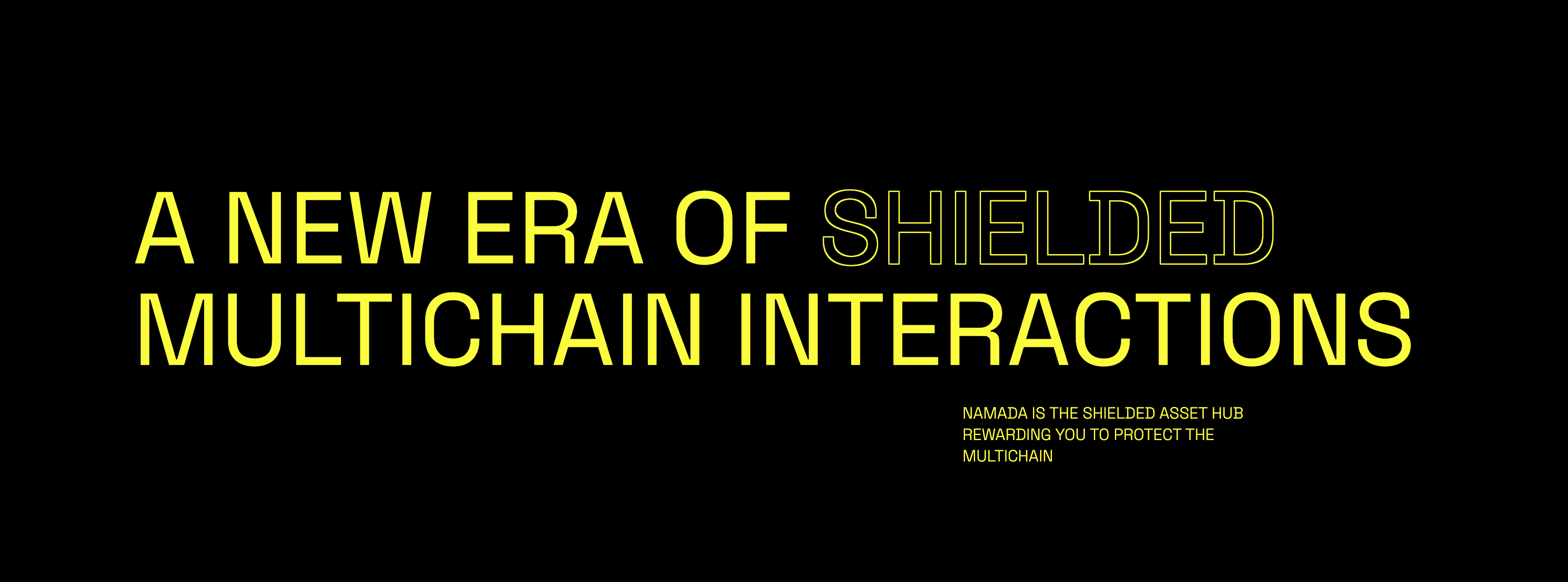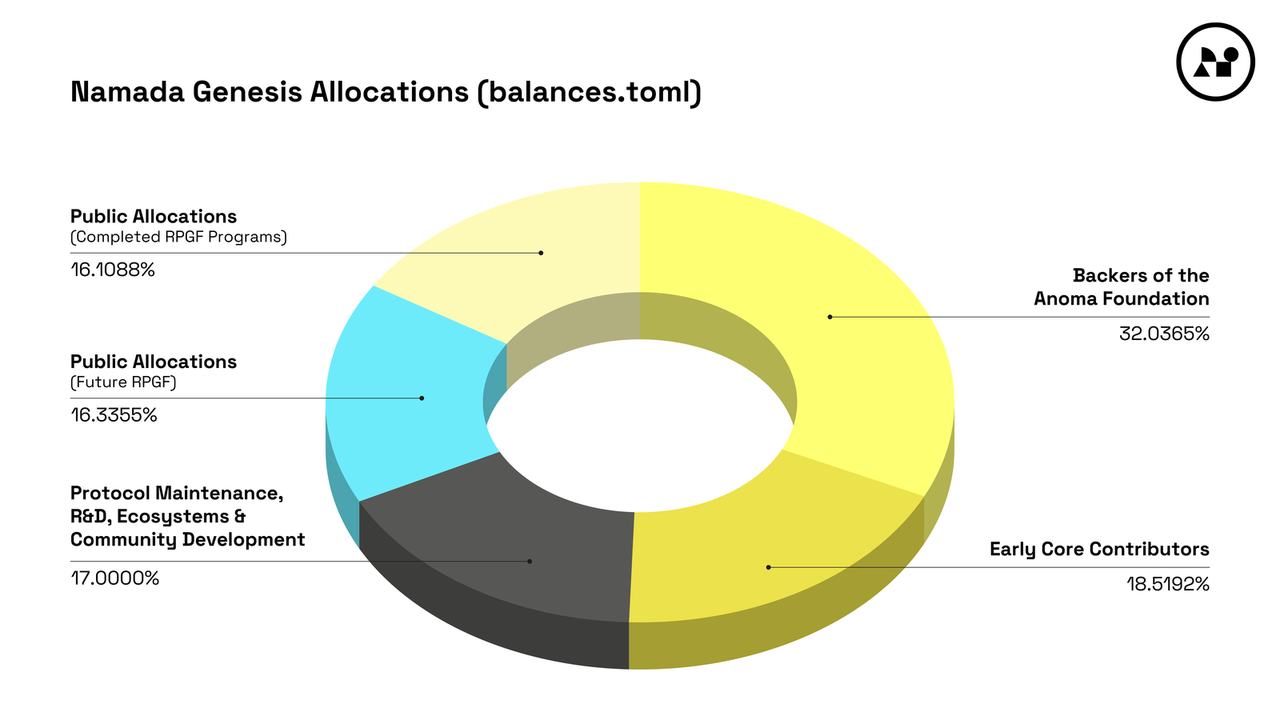Overview
 Namada is a PoS Layer 1 blockchain designed to prioritize privacy and data security. Developed by the Anoma Foundation, it utilizes zero-knowledge proof technology to protect multichain assets, supporting IBC and an Ethereum-native bridge.
The network enables users to shield any asset type, whether fungible or non-fungible, and promotes privacy by rewarding those who keep their assets shielded. Participants in the Multi-Asset Shielded Pool (MASP) earn NAM tokens as incentives for contributing to the shielded set.
Namada is a PoS Layer 1 blockchain designed to prioritize privacy and data security. Developed by the Anoma Foundation, it utilizes zero-knowledge proof technology to protect multichain assets, supporting IBC and an Ethereum-native bridge.
The network enables users to shield any asset type, whether fungible or non-fungible, and promotes privacy by rewarding those who keep their assets shielded. Participants in the Multi-Asset Shielded Pool (MASP) earn NAM tokens as incentives for contributing to the shielded set.
Namada Mainnet Phases
Phase 1 - Block Party
Launches with genesis block activation, enabling NAM staking through validator delegation and governance participation.Phase 2 - Staking Party
Activates staking reward distribution and the Public Goods Funding (PGF) mechanism to foster ecosystem growth.Phase 3 - Shielding Party
Implements IBC functionality for asset transfers and privacy-preserving shielding features.Phase 4 - Shielding Rewards Party
Launches incentive structure for users who shield governance-approved assets.Phase 5 - NAM Party
Enables full NAM token transferability across the network.What is the $NAM Token?
The $NAM token is critical to the operation of Namada, and plays four key roles in the protocol:- Staking: Secure the network and earn rewards
- Fee Payment: Transaction and service fees
- Governance: Participate in protocol decisions
- Public Goods Funding: Support ecosystem development
Token Genesis Distribution

- Backers of the Anoma Foundation: ~32%
- Early Core Contributors: ~18.6%
- Protocol Maintenance, R&D, Ecosystem & Community Development: 17%
- Public Allocations (Completed RPGF Programs): ~16.1%
- RPGF Nominations: ~5.1%
- CB Builders Program: 1%
- RPGF Drop: 6.5%
- Shielded Expedition: 3.5%
While NAM tokens will not be transferable until stage 5 of the network’s mainnet launch, none of the tokens allocated in the initial distribution would be subject to any lockup or vesting schedules.

